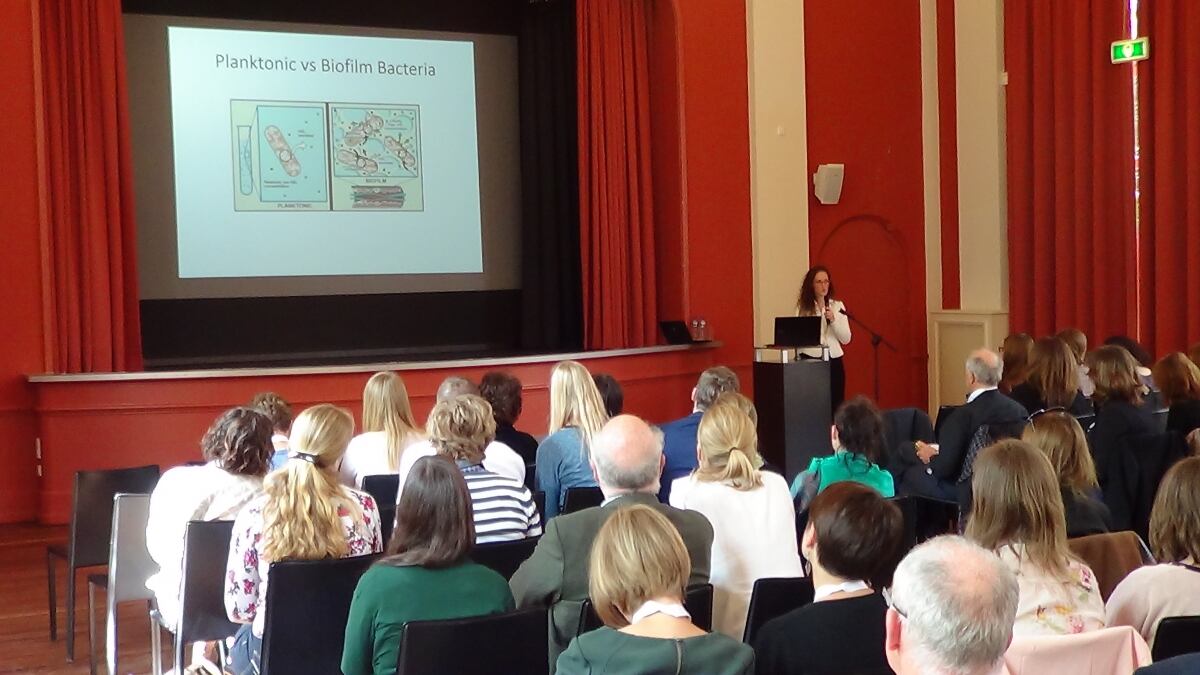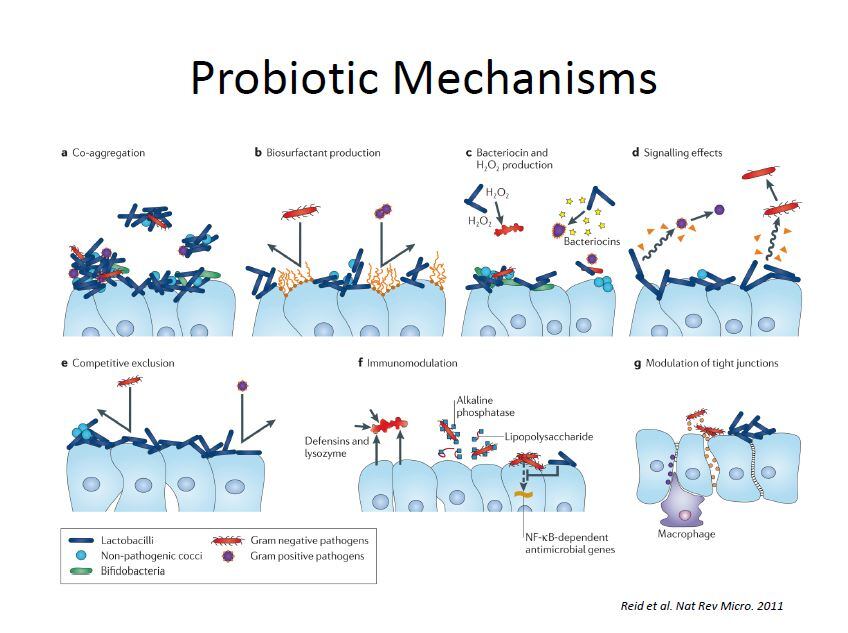The one-day event (Women & Their Microbes) explored interactions between our understanding of the female microbiota, nutritional interventions like probiotics and synbiotics and female health concerns like vaginosis, pregnancy and menopause.
“This was the first ever symposium to focus on microbes that affect the health of women specifically,” said Dr Gregor Reid, a speaker at the event from the University of Western Ontario and Chair of Human Microbiology and Probiotics at the Lawson Health Research Institute in Canada.
“Such is the vital importance of this to reproduction and our species it is a disgrace that funding has never been prioritised to investigate the many issues and to bring new management and interventional approaches to females.”
He added: “Imagine forty year old ineffective therapies are all we offer. What an unbelievable disservice to women and girls. Probiotics, prebiotics, nutritional approaches and educating medical students, doctors and bureaucrats on the critical importance of this is a good way to start.”
Other measures to improve women’s health and microbial understanding and the potential of nutrients like probiotics proposed at the May congress in Amsterdam included:
- Beter diagnosis of vaginal infections.
- Gather more female microbiota data and clincial data.
- Develop materials to leave in health professional premises (like clinicians and gynacologists) to educate about the female microbiota.
- Link female microbial education platform with International Women’s Day (March 8 in 2016).
- Push for prescription of probiotics by doctors.

Conference organiser, Jessica Younes, PhD, a business developmnent and science stewardship manager at Dutch supplier Winclove, told us the inaugural event had illustrated how vast the research area is, and how much potential it had to deliver real benefits to women’s lives across the world.
Dr Younes gave a presentation highlighting the need for more research into vaginal biofilms that can be impacted by probiotics.
“Pathogen biofilms are susceptible to adhesive probiotic bacteria,” she said in her presentation. “Probiotics adhere strongly to pathogens. We need to look into both host and microbial factors.”

Winclove Probiotics won a vaginal infection claim for its Ecologic FEMI+ product containing L. plantarum, L. salivarius, Bifidobacterium bifidum, L. brevis, L. acidophilus and L. Helveticus last year under EU medical devices laws.
The route has permitted claims denied under the EU nutrition and health claims regulation (NHCR) such as for cranberry (urinary tract infections) and chitosan (cholesterol management).
The product is available as a vaginal capsule and is backed by in vitro studies.
